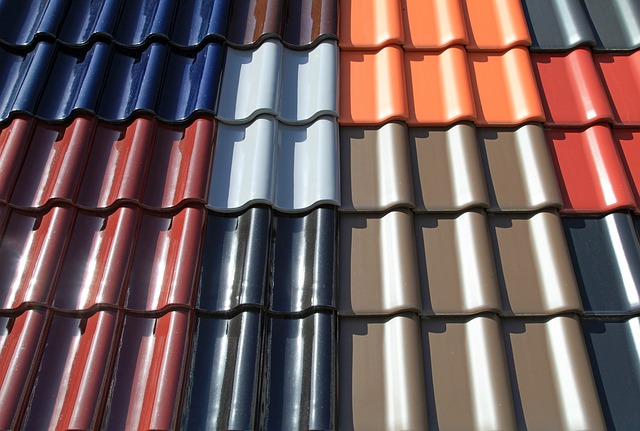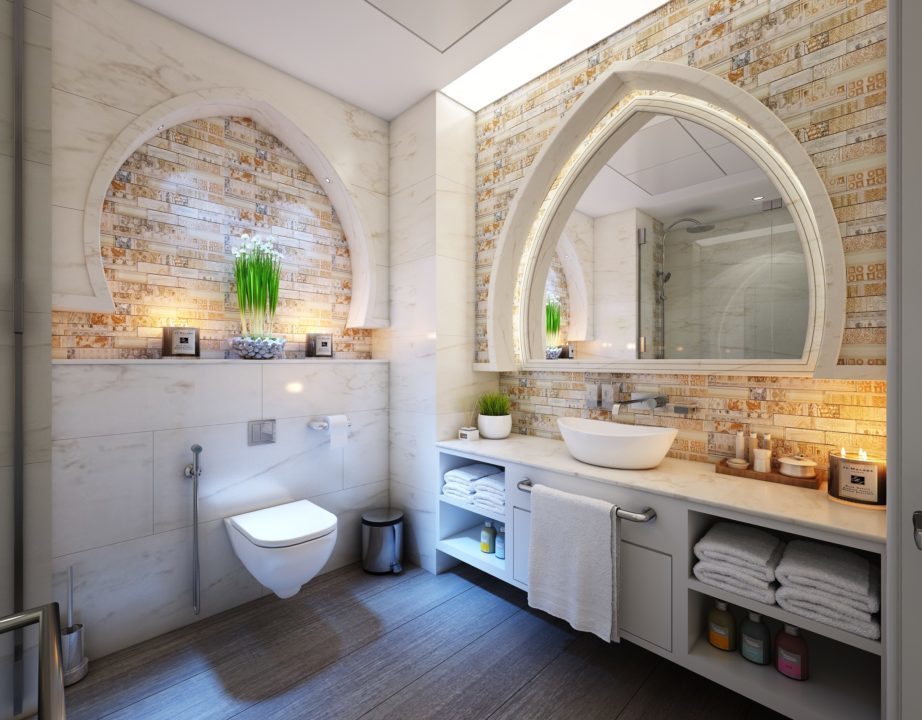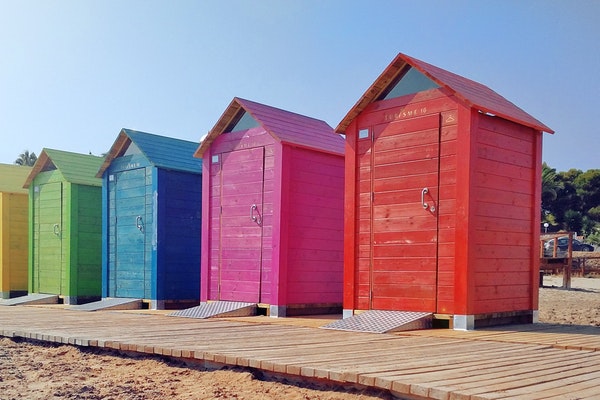Are you a homeowner and need a roof replacement? Settling for a specific type of shingle may be difficult, with over 15 types of shingles at your disposal. The decision is even more complex since all the shingles exhibit quality characteristics and features.

To determine the ideal type of shingle, you must consider the lifespan, the weather condition in your locality, the weight of the shingle, and mostly your budget. Also, you will note that some types of shingles require expert installation. So, go for such shingles if you can easily access an expert to inspect and repair your roof in the future.
Here you will learn the most common types of shingles, their pros and cons. You will be able to make an informed decision about the ideal type of shingles for your roof.
The Seven Most Popular Types of Shingles and Their Pros and Cons
There are several shingles, but the most popular are asphalt, metal, slate, clay, wood, composite, and solar shingles. If you are planning on installing a roof, you should consider the pros and cons of each shingle before you decide on its best fit.
You can also get expert opinions and advice from certified roofing experts like Roof Master & Construction. The roof experts will provide you with free consultation and roof replacement estimates.
Here are the seven types of shingles.
-
Asphalt Shingles
Asphalt shingles are the most popular shingles. Most homeowners who need a standard roof will choose an asphalt roof since it suits many climatic and geographical zones and is affordable.
Let’s discuss the pros and cons of the asphalt shingles so that you can make informed decisions when settling on the type of shingle to use.
Pros of Asphalt Shingles
- The shingles are cheap compared to the clay tile and slate shingles.
- They fit in many locations.
- They make for the quietest roof, even during heavy rain.
- They come in different sizes, colors, thicknesses, and styles to choose from.
- They can mimic slate, wood, or tile shingles.
- They are relatively cheap when compared to other materials (costs $ 65 to $350).
Cons of Asphalt Shingles
- They are not as durable as other shingles; they last for 20 years.
- They are used on pitched roofs.
- They are vulnerable to weather fluctuations.
-
Slate Shingles
Slate tiles are stone roofing materials that have a beautiful natural finish. The slate tiles are thin but heavy and thus require additional framing when installing.
Pros of Slate Tiles
- They are naturally beautiful.
- They can withstand any climate, hailstorms, and heavy wind.
- They have a low propensity for leaks.
- They are durable (last for 50 to 100 years).
Cons of Slate Tiles
- They are difficult to install.
- They are heavy and need additional framing.
- They are expensive; they cost $800 to $1,800 per square.
- Only a few roofing companies offer slate installation or repairs.
-
Metal Shingles
Metal roofing comes in copper, aluminum, alloy strips, and steel. The metal shingles also come in different colors, shapes, and textures.
Pros of Metal Shingles
- They reflect the sun’s rays, thus keeping your house cooler during the summer.
- They have a longer lifespan than asphalt or wood (50 to 100 years).
- They are fire-resistant and good for high wind areas.
Cons of Metal Shingles
- They are noisy during rainstorms
- They are more expensive than wood and asphalt shingles (costs $500 to $1,200).
- Hail can dent steel shingles.
- They require regular inspections and maintenance.
-
Wood Shingles
Wood shingles are unique and give your home a classy look. Despite being classy, they inhibit some severe limitations and are not recommendable in some areas. Wood shingles cost $425 to $950 per square.
Pros of Wood Shingles
- They offer a classy look.
- They are energy-efficient
- They are durable and can last up to 40 years.
Cons
- They are vulnerable to fire.
- They are difficult to install and maintain.
- Fire codes in certain regions prohibit their installation.
- They are susceptible to mold and termites.
-
Clay or Concrete Shingles
Clay shingles are non-combustible and non-fading. Concrete shingles reflect sunlight and insulate interiors from heat and cold. Clay shingles are more expensive and cost $800 to $1,800 per square, while concrete shingles cost $150 to $250.
Pros
- Clay shingles are non-combustible and do not fade
- Concrete shingles are energy efficient.
- They come in different colors
- They last for 50+ years.
Cons
- The shingles are heavy and require additional framing to support the weight.
- They are expensive to install and maintain.
- They are not favorable for cold climates.
-
Composite Shingles
Composite shingles are made from a mixture of new and recycled plastics, paper, shingles, and fiberglass. They are the best environment-friendly roof replacement options.
They are a little expensive and last longer than asphalt shingles. Composite shingles cost $300 to $1,600 per square.
Pros
- They are affordable.
- They offer a low cost for maintenance.
- They are lighter than asphalt.
- They mimic the other roofing shingles.
Cons
- They are recommended for cold weather.
- Few roofers have experience in installing the shingles.
-
Solar Shingles
Solar shingles are the most modern form of shingles in town. The shingles are the most expensive compared to the rest of the shingles. The solar shingles do not only keep water away from your roof but also generate electricity to power your home.
The solar shingles have a pleasing appearance on your roof; however, you don’t need to install them on the entire roof of your house. You should get another type of shingle to install alongside your solar roofing shingles. The solar shingles should be installed on the southern side of the roof to increase their effectiveness.
Pros
- They last for 20 to 25 years.
- They help reduce the energy bills.
- They are environmentally responsible.
- They look like high-end slates.
- They boost the value of your home.
Cons
- They are very expensive: $2,100 to $2,500 per square.
- They may need to be combined with other roofing shingles.
- They require an expert to install.
- The installation cost is expensive.
Final Word
As a homeowner, getting the ideal type of shingle calls for thorough research. It would be best to consider other factors like your budget, weather conditions in your locality, the shingle’s lifespan, and the shingle’s efficiency. If you have trouble identifying the right shingle to your roof, you can always contact a roofing contractor for expert advice.






